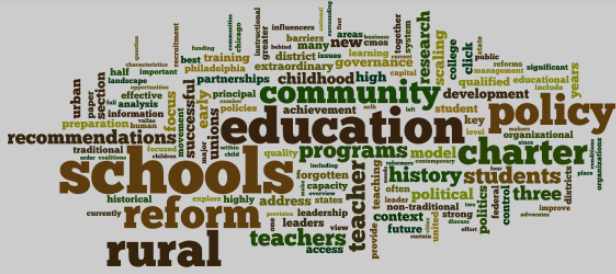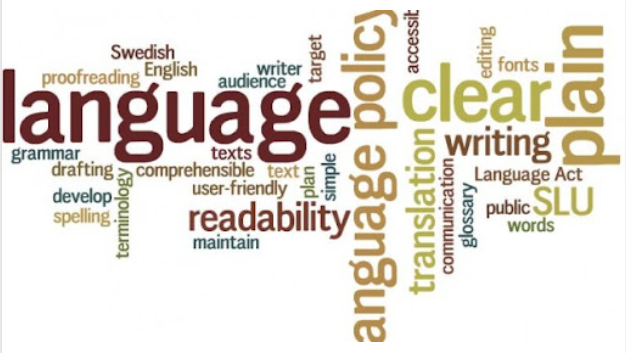CONFLICT RESOLUTION IN PAKISTAN
Keywords:
conflict resolution, governance, mediation,, legislation,, PakistanAbstract
Conflict resolution in Pakistan is a complex process shaped by historical, political, ethnic, and regional factors. The country faces internal conflicts, including insurgencies in Balochistan, tribal areas, and tensions in Khyber Pakhtunkhwa, driven by ethnic marginalization, political instability, and socioeconomic disparities. External influences, such as the role of neighboring countries in the Kashmir issue and cross-border terrorism, further exacerbate these conflicts. Efforts to resolve conflicts in Pakistan often rely on military interventions, political negotiations, and reconciliation with local leaders. However, these approaches face limitations due to institutional weaknesses, lack of trust in governance, and insufficient dialogue among stakeholders. Military solutions, in particular, can provide short-term stability but often fail to address root causes. A more inclusive approach is needed for sustainable peace, focusing on political reforms, socioeconomic development, and meaningful engagement with all ethnic and regional groups to address their grievances and build long-term stability.














